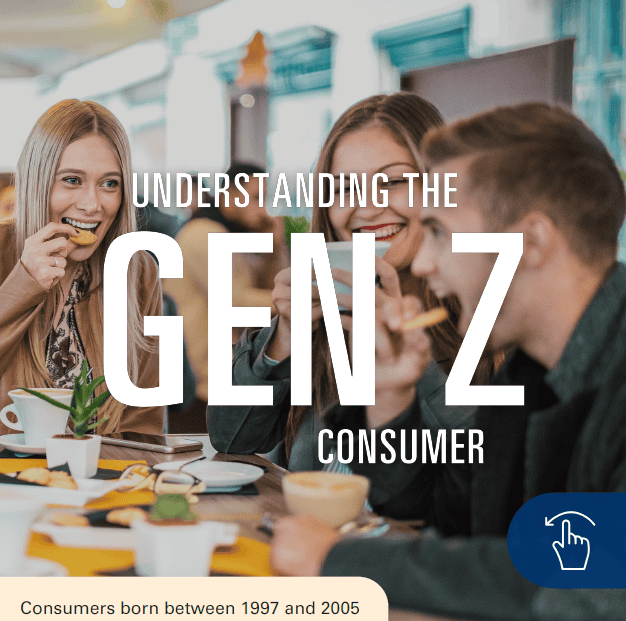
Generation Z, born between 1997 and 2005, represents a demographic with distinct characteristics and preferences shaping consumer behaviors in various aspects of life. In a rapidly evolving digital landscape and amidst growing concerns about health, sustainability, and societal issues, understanding the attitudes and lifestyles of Generation Z in Asia becomes paramount for businesses seeking to cater to this market segment effectively.
Digital Engagement and Technology Adoption
Contrary to global trends, Generation Z in Asia showcases a nuanced relationship with digital technology. While their use of digital platforms is prevalent, older age groups sometimes surpass them in certain aspects. However, Generation Z demonstrates diverse utilization of technology, particularly in learning, entertainment, and gaming spheres. Despite their high engagement with social media, they under-index in overall usage compared to other age groups, although they tend to favor visual platforms such as Instagram and TikTok.
Health and Wellbeing Priorities
Generation Z in Asia exhibits a heightened awareness of health and wellbeing, influenced by factors like appearance, peer pressure, and media coverage. They prioritize mental and physical wellbeing, with a notable emphasis on sleep, leisure, and mood-boosting food choices. While they lean towards convenience foods and exhibit less interest in scratch cooking, they are increasingly drawn to fresh and natural products with additional environmental or ethical value.
Social Behavior and Pleasure-seeking Activities
Social media serves as the primary social outlet for Asian Generation Z, although they are slightly less socially active compared to older generations. They prioritize activities with friends and value “me” time, entertainment, and socializing. When seeking pleasure, they prioritize taste experiences, rarity, and expense in food rather than nutritional or production values.
Concerns and Future Spending Trends
While Generation Z in Asia expresses less concern about global crises compared to older generations, they prioritize personal freedom, safety, and financial stability. They anticipate increased spending on food and beverage, perceiving it as a means to boost emotional wellbeing. Additionally, they over-index in treating themselves across various categories, including pets, fashion, and personal care, reflecting a desire to equate looking good with feeling good.
Digital Learning and Information Seeking
Asian Generation Z exhibits a daily reliance on digital technology for learning, gaming, and entertainment. However, they are less likely than their global counterparts to use digital resources for improving food and beverage knowledge, preferring specific information seeking rather than broad exploration.
In conclusion, understanding the lifestyles and attitudes of Generation Z in Asia is essential for businesses aiming to resonate with this demographic. By recognizing their digital behaviors, health priorities, social inclinations, and spending habits, businesses can tailor their strategies to effectively engage and cater to the needs and preferences of this dynamic generation. As Generation Z continues to shape the consumer landscape, businesses must adapt and innovate to remain relevant and appealing in an ever-changing market environment.

